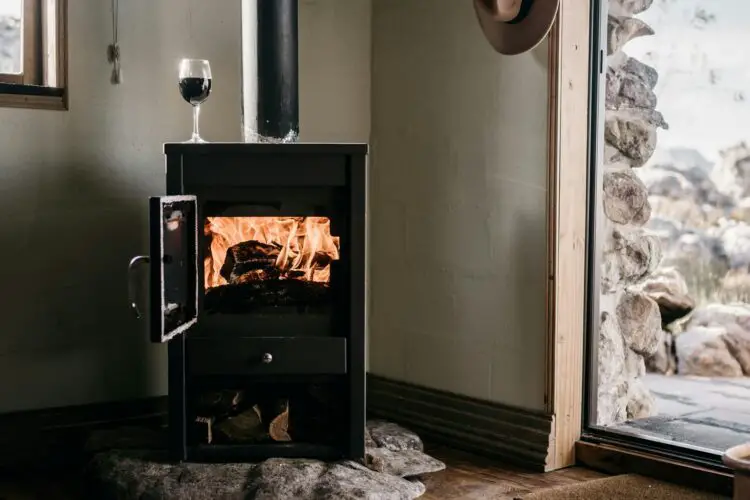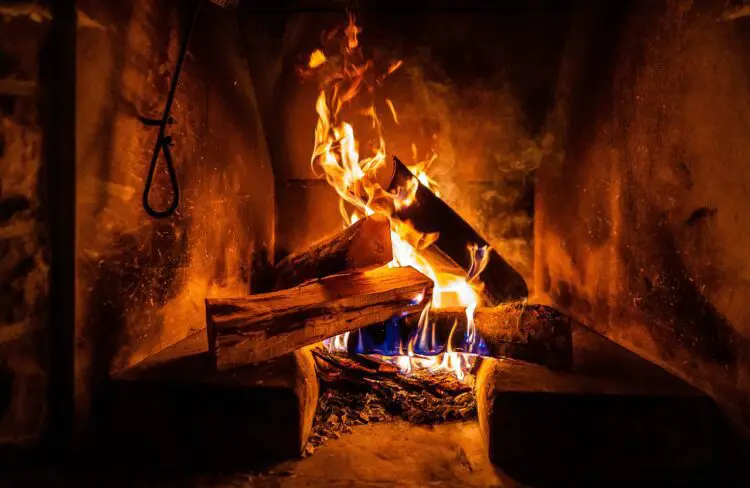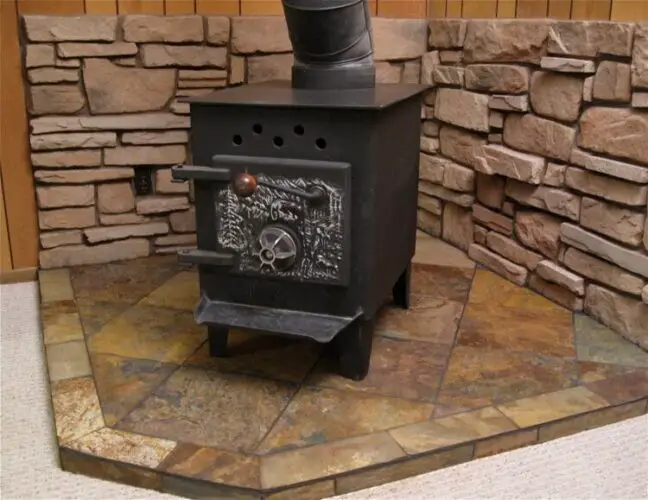As homeowners seek more sustainable and efficient heating options, the question of upgrading traditional fireplaces to accommodate coal and wood burning stoves becomes increasingly relevant. In this comprehensive article, we will delve into the various aspects of this upgrade, addressing key questions such as the compatibility of coal in wood burning stoves, the legality of burning coal, and the cost considerations between firewood and coal.
Can you burn coal in a Wood Burning Stove?
Wood burning stoves are designed primarily for burning wood logs, and introducing coal can pose challenges. While it’s technically possible to burn coal in a wood burning stove, it’s not recommended. Coal burns at a much higher temperature than wood, and the intense heat can damage the stove’s components. Additionally, coal tends to produce more creosote, a flammable substance that can accumulate in the chimney and increase the risk of a chimney fire.
Can you burn coal in a log burner?
Log burners, or wood burners, are specifically designed for burning wood logs. Burning coal in a log burner is discouraged for similar reasons as in wood burning stoves. The high temperatures generated by burning coal can lead to damage and decreased efficiency. Moreover, the different combustion characteristics of coal may affect the air intake and exhaust systems designed for wood combustion.
Why can’t you burn coal in a log burner?
The primary reason for not burning coal in a log burner is the difference in combustion characteristics between wood and coal. Coal requires higher temperatures to burn efficiently, and using it in a log burner designed for wood can lead to overheating, damage, and increased safety risks. The stove’s components may not withstand the intensity of coal combustion, resulting in potential malfunctions or the need for costly repairs.
Can I burn coal in a multi-fuel stove?
Multi-fuel stoves, as the name suggests, are designed to burn a variety of fuels, including both wood and coal. These stoves typically have features such as a grate for coal combustion and air controls to optimize the burning process for different fuels. If you’re considering burning coal, investing in a multi-fuel stove is a more suitable option, as it is engineered to handle the specific requirements of coal combustion.
Is it still legal to burn coal?
The legality of burning coal varies depending on your location and local regulations. In recent years, concerns about air quality and environmental impact have led to restrictions on the use of coal in some areas. Before deciding to burn coal, it’s crucial to check local regulations, as some jurisdictions may have banned or imposed restrictions on the use of certain types of coal.
What is the best wood for log burners?
Choosing the right wood for log burners is essential for efficient and clean combustion. Hardwoods, such as oak, maple, and birch, are preferred due to their high energy content and slow-burning properties. These woods produce less creosote, reducing the risk of chimney buildup. It’s important to use well-seasoned wood with low moisture content to maximize heat output and minimize emissions.
Coal and wood burning stove – Is firewood more expensive than coal?
The cost comparison between firewood and coal depends on various factors, including your location, the type of wood or coal, and the current market conditions. In some regions, firewood may be more readily available and, therefore, more affordable. However, coal has a higher energy density, meaning it produces more heat per unit of weight. While coal may be more expensive per ton, it can be more cost-effective in terms of heat produced.
In conclusion, the decision to upgrade a fireplace to a coal and wood burning stove involves careful consideration of various factors. While it’s not advisable to burn coal in a wood burning stove designed for wood logs, multi-fuel stoves offer a suitable solution for those who want the flexibility to burn both wood and coal. Checking the legality of burning coal in your area is crucial, and opting for well-seasoned hardwoods can optimize the performance of your log burner. Additionally, the cost considerations between firewood and coal depend on local factors and personal preferences. By weighing these factors and making informed choices, homeowners can enjoy a safe, efficient, and environmentally conscious heating experience.



